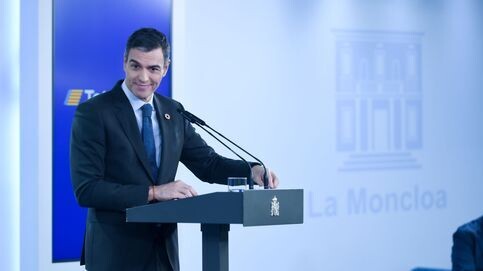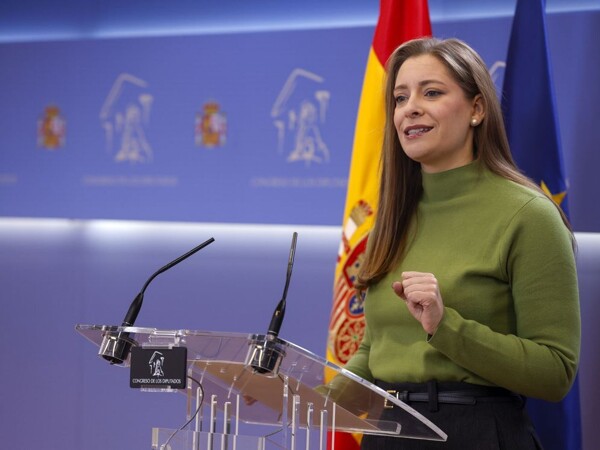
The Secretary General of CCOO, Unai Sordo, along with UGT’s Pepe Álvarez, has urged the Government and all political parties to address a social agenda for the coming months. This call took place in Jacinto Benavente square in Madrid, where one of the many demonstrations held in Spain this Sunday occurred. Around 50 simultaneous protests were organized in different cities to draw the attention of parliamentary groups.
According to Sordo and Álvarez, although the omnibus law has gone ahead, some relevant measures have been removed, as they were not agreed upon with the unions and do not meet the citizens' needs. Both union leaders expressed their concern about the current political situation and the need to attend to the citizens' demands.
In Madrid, about 5,000 people gathered to protest against the omnibus decree, which was initially rejected by the PP and Junts, but who have now announced they will support it after the Government introduces some modifications. Sordo and Álvarez demanded an end to "political tactics" and advocated for a social agenda agreed upon with the unions.
The unions highlighted the importance of approving measures such as the revaluation of pensions, as well as other social provisions included in the decree. According to Sordo, this approval is due to the parties fearing a "huge political cost" if they vote against it. On the other hand, Álvarez pointed out that the decree has not been negotiated with the unions nor does it cover the needs of citizens.
The unions also called on the Government to present a General State Budget and to promote the reduction of the working day. Additionally, the demand that the minimum interprofessional wage be exempt from income tax was mentioned, as well as the reduction of working hours, a constant request from the union organizations. For her part, the Secretary of Organization of Sumar, Lara Hernández, defended the measures included in the decree, the reduction of the working day, and the increase of the minimum interprofessional wage, agreed upon with the unions. This development created a rift, leading to the rejection of the proposals.














